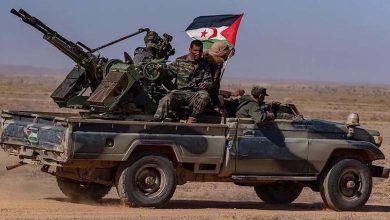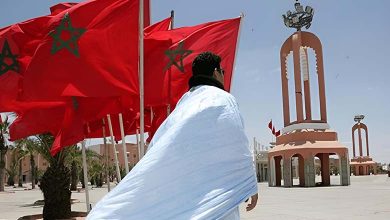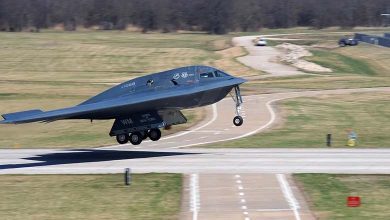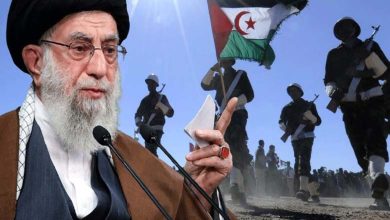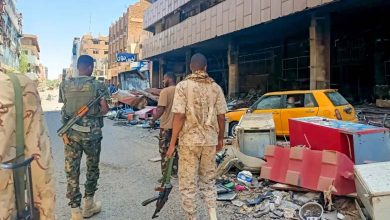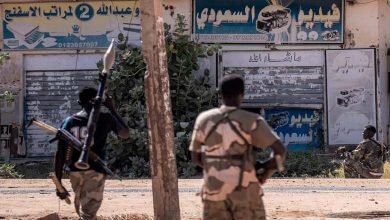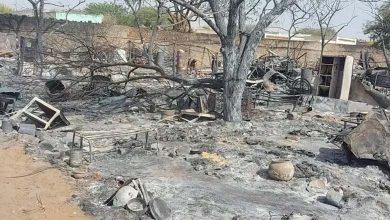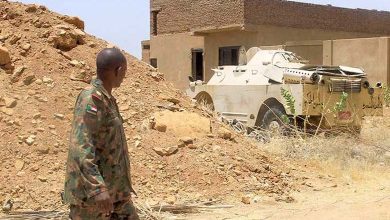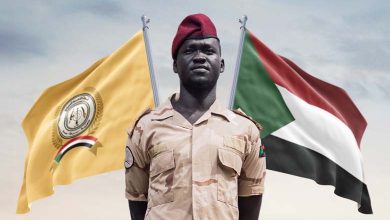Dbeibeh and Bashagha mutually blame each other for the violence in Tripoli
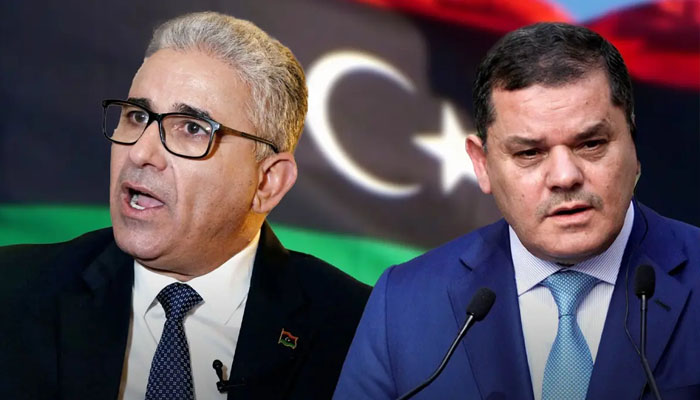
Libyan parties have accused each other of being responsible for the serious clashes that hit the capital Tripoli since dawn on Saturday amid international and local condemnation.
While the head of Libya’s Presidential Council, Mohammed el-Menfi, had to cut short his official visit to Tunisia in the wake of the Tripoli clashes, the outgoing governments of Abdul Hamid Dbeibeh and Fathi Bashagha, who were appointed by the House of Representatives, have accused each other of causing the violence.
Since Saturday morning, Tripoli has been witnessing clashes between militias fighting for influence and money, which has caused a state of panic among civilians, with a number of deaths and injuries.
Mutual accusation
The outgoing government, led by Abdul Hamid Dbeibeh, said the clashes in the capital were “treachery and treason” in negotiations to spare the capital bloodshed on its own initiative.
“The party representing Fathi Bashagha fled at the last minute after there were positive indications towards a peaceful solution instead of violence and chaos, while it showed high flexibility and reached out to peace,” it said.
The clashes were caused by an armed group firing randomly on a passing convoy in Az Zawiyah Street, adding that the clashes occurred as armed groups gathered at the 27th gate west of Tripoli and al-Jabs south of Tripoli.
The government of Dbeibeh stressed that it will not retreat from its responsibilities towards its country and its people, to preserve its security and stability and to cut off the hands of all those who provoked chaos and strife in the city.
Meanwhile, the media office of the Prime Minister-designate of the House of Representatives, Fathi Bashagha, denied any involvement in the statement of the outgoing government.
The Government of Bashagha stated that, over the past six months after the vote of confidence was given to the Government, they welcomed all local and international initiatives to resolve the crisis of peaceful transition of power, without any response from the outgoing Government.
“All the efforts made by all local parties and friendly countries interested in Libyan affairs have become clear in all their intransigence and the attachment of the Dbeibeh government to power,” she said. “It has become clear to all Libyans that this government is usurping legitimacy and rejects all initiatives.”
International and domestic condemnation
The clashes were met with wide local and international condemnation and calls for calm and protection of civilians.
The UN Support Mission in Libya (UNSMIL) expressed deep concern at ongoing armed clashes, including indiscriminate shelling with medium and heavy weapons in civilian populated neighborhoods in Tripoli, causing civilian casualties and damaging civilian facilities including hospitals.
The Embassy of Washington also expressed the United States’ grave concern about the violent clashes in Tripoli with reports of civilian casualties and destruction of property. We stand with the Libyan people in calling for peaceful dialog.
In the local context, several local organizations expressed their condemnation of the clashes, including the National Human Rights Commission in Libya, which called on the military parties to immediately stop the clashes for humanitarian purposes and to provide humanitarian and medical safe corridors for the evacuation of the besieged civilian population and those trapped in the conflict areas, and for the transfer of the injured and wounded in these areas.
The Committee called on all parties to the conflict to allow the emergency and rescue teams and the Libyan Red Crescent to carry out their humanitarian work in helping to remove civilians from the areas of engagement, to secure humanitarian and medical corridors, and to ensure their safety and freedom from attack.


